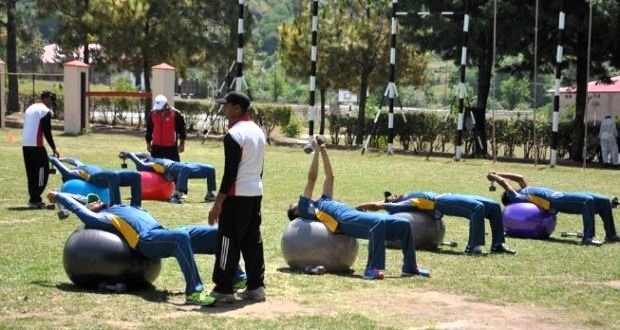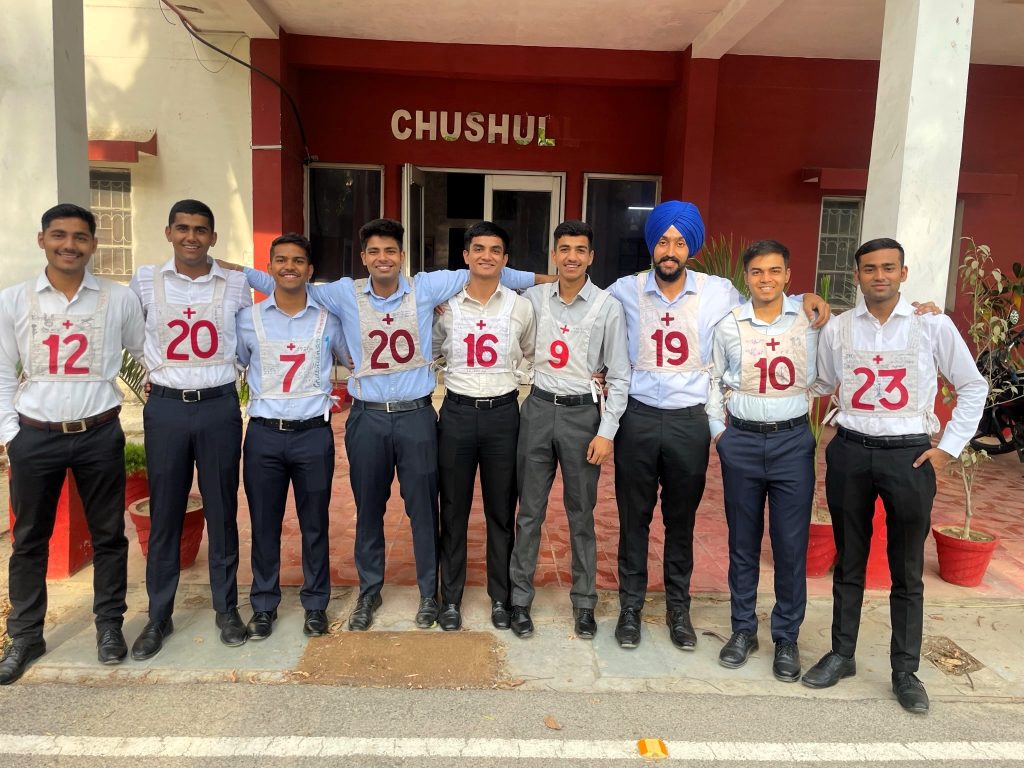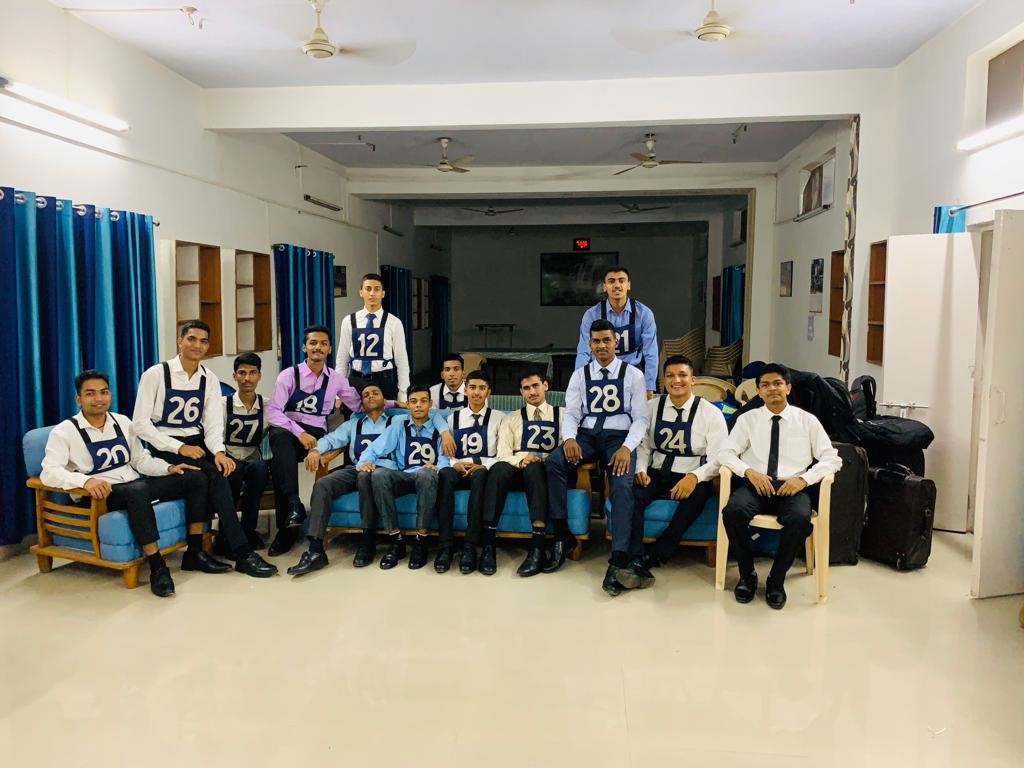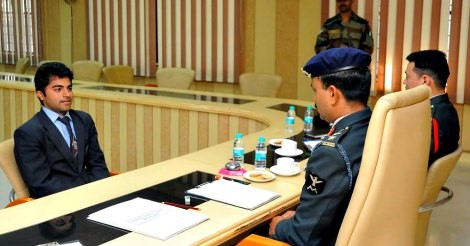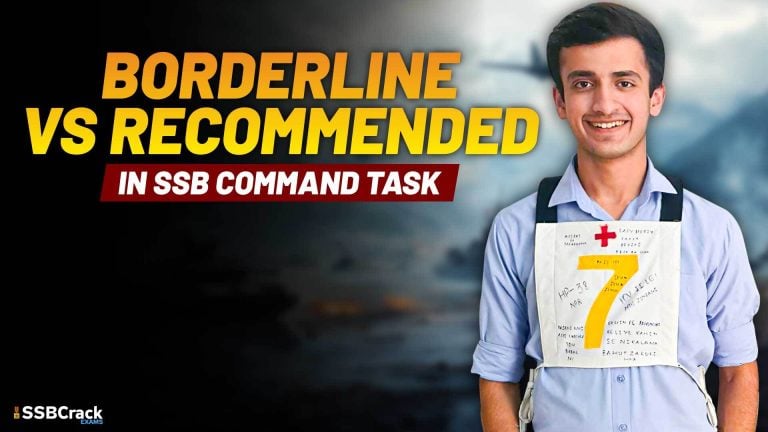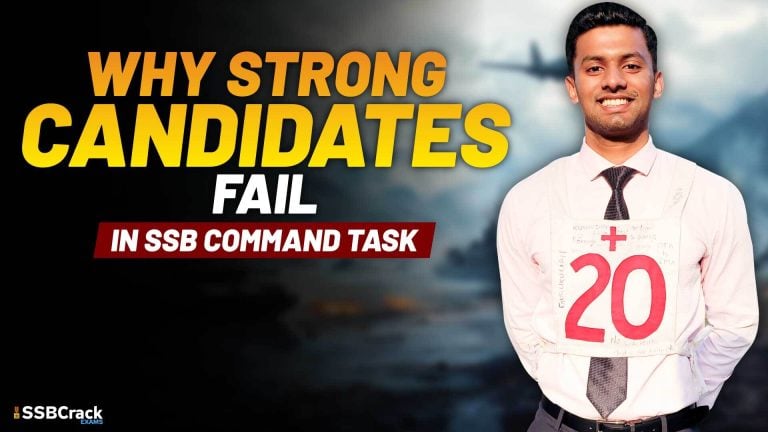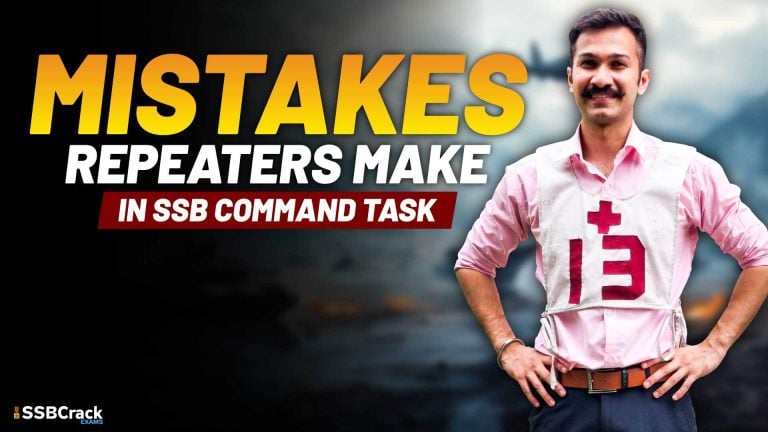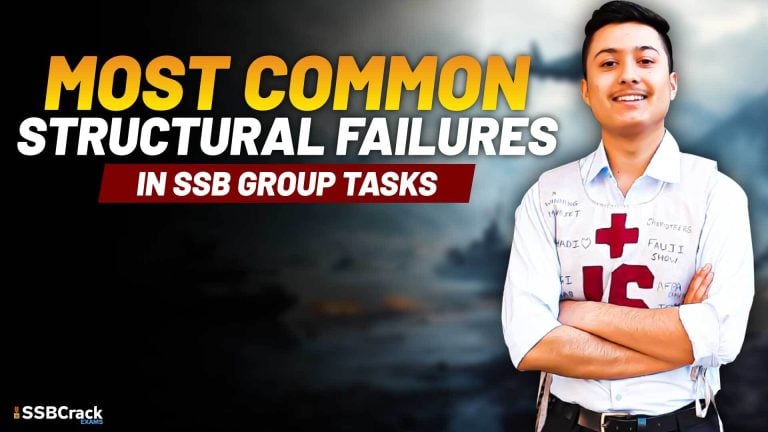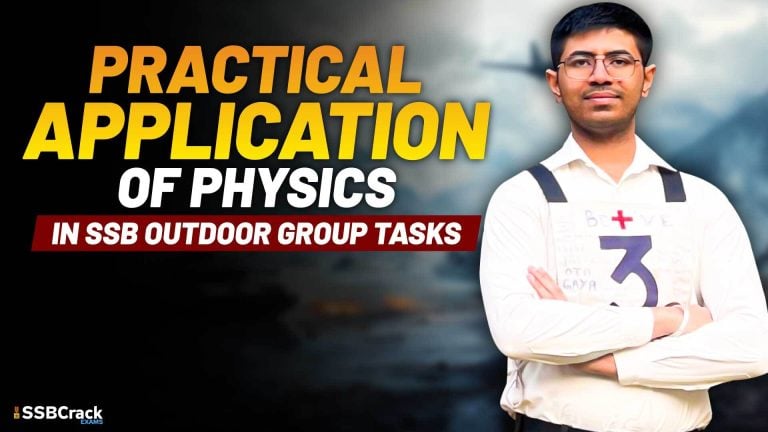Group Testing Officer (GTO) tasks are a pivotal aspect of the Services Selection Board (SSB) interviews, evaluating candidates’ suitability for joining the Indian Armed Forces. These tasks scrutinize leadership, teamwork, problem-solving, and overall group dynamics. Achieving success in these tasks hinges not only on individual proficiency but also on effective teamwork. Here are detailed tips to excel in GTO tasks:
Effective Communication
Clear and Concise
Ensure your ideas and suggestions are communicated clearly and concisely to prevent confusion among team members.
Active Listening
Pay attention to your team members’ suggestions and feedback to demonstrate respect and gain insight into various perspectives.
Non-Verbal Cues
Leverage body language effectively to complement verbal communication. Maintain eye contact and use gestures to emphasize points effectively.
Collaborative Leadership
Lead by Example
Take initiative when necessary but be willing to follow as well. Effective leadership in GTO tasks involves guiding and motivating the team rather than dominating.
Delegate Tasks
Acknowledge the strengths of team members and assign tasks accordingly to ensure optimal contribution from everyone.
Inclusive Decision Making
Involve the entire team in the decision-making process to foster unity and consider all possible solutions.
What are GTO Tasks in SSB Interview
Problem-Solving Skills
Strategic Planning
Analyze the task at hand and develop a strategy before execution to utilize resources efficiently.
Adaptability
Remain flexible and open to changing strategies if the initial plan proves ineffective. Adaptability is crucial in dynamic situations.
Logical Approach
Apply logical reasoning to overcome obstacles and determine the best approach to achieve objectives.
Time Management
Prioritize Tasks
Identify the most critical aspects of the task and focus on completing them first to manage time effectively.
Avoid Procrastination
Act promptly and avoid unnecessary delays, as time is often limited in GTO tasks.
Monitor Progress
Keep track of time and progress, regularly assessing if the team is on track to complete the task within the given timeframe.
Building Trust and Cooperation
Mutual Respect
Treat all team members with respect and value their contributions to foster a positive and cooperative team environment.
Support and Encourage
Offer help to team members when needed and encourage them to persevere, especially during challenging moments.
Conflict Resolution
Address conflicts or disagreements constructively, focusing on finding solutions rather than assigning blame.
Understanding GTO Tasks in SSB
GTO tasks encompass various activities designed to evaluate candidates on parameters like leadership, teamwork, decision-making, and physical stamina. These tasks typically include:
- Group Discussion (GD): Candidates discuss a given topic to assess communication skills, logical reasoning, and group collaboration.
- Group Planning Exercise (GPE): Analyzing a scenario and devising an action plan to test problem-solving, resource management, and collaborative planning.
- Progressive Group Task (PGT): Navigating obstacles using provided materials, requiring strategic planning, cooperation, and physical endurance.
- Half Group Task (HGT): Similar to PGT but performed with a smaller group, focusing on individual contributions and teamwork.
- Group Obstacle Race (GOR): Completing a race while overcoming obstacles, emphasizing teamwork and physical coordination.
- Command Task: Leading a team to accomplish a given task, highlighting leadership qualities and decision-making abilities.
- Individual Obstacles: Tackling physical obstacles individually to test fitness, determination, and confidence.
Success in GTO tasks hinges on effective teamwork, encompassing clear communication, collaborative leadership, strong problem-solving skills, efficient time management, and building trust among team members. Understanding the dynamics of these tasks and preparing accordingly can significantly enhance a candidate’s performance and elevate their chances of selection.
FAQs
1. What are GTO tasks in SSB interviews?
GTO tasks, or Group Testing Officer tasks, are a crucial component of the Services Selection Board (SSB) interviews for candidates aspiring to join the Indian Armed Forces. These tasks assess various attributes such as leadership, teamwork, problem-solving, and overall group dynamics.
2. Why is successful teamwork important in GTO tasks?
Successful teamwork is essential in GTO tasks because they simulate real-life military scenarios where individuals must collaborate effectively to achieve common objectives. Demonstrating strong teamwork skills not only reflects an individual’s ability to work within a team but also showcases their leadership potential and suitability for a military career.
3. How can effective communication contribute to successful teamwork in GTO tasks?
Effective communication plays a pivotal role in successful teamwork during GTO tasks. Clear and concise communication ensures that ideas and strategies are conveyed accurately, minimizing confusion. Active listening fosters mutual understanding among team members, while non-verbal cues such as body language enhance communication effectiveness.
4. What is collaborative leadership, and why is it important in GTO tasks?
Collaborative leadership entails leading by example, delegating tasks based on team members’ strengths, and involving the entire team in decision-making processes. This leadership style is crucial in GTO tasks as it promotes a cooperative team environment, encourages active participation, and ensures that all team members feel valued and motivated to contribute their best.
5. How can candidates enhance their problem-solving skills for GTO tasks?
Candidates can enhance their problem-solving skills for GTO tasks by engaging in strategic planning, remaining adaptable to changing circumstances, and applying logical reasoning to overcome obstacles. By analyzing tasks thoroughly, being flexible in their approach, and thinking critically, candidates can develop effective problem-solving strategies that contribute to successful team outcomes.
